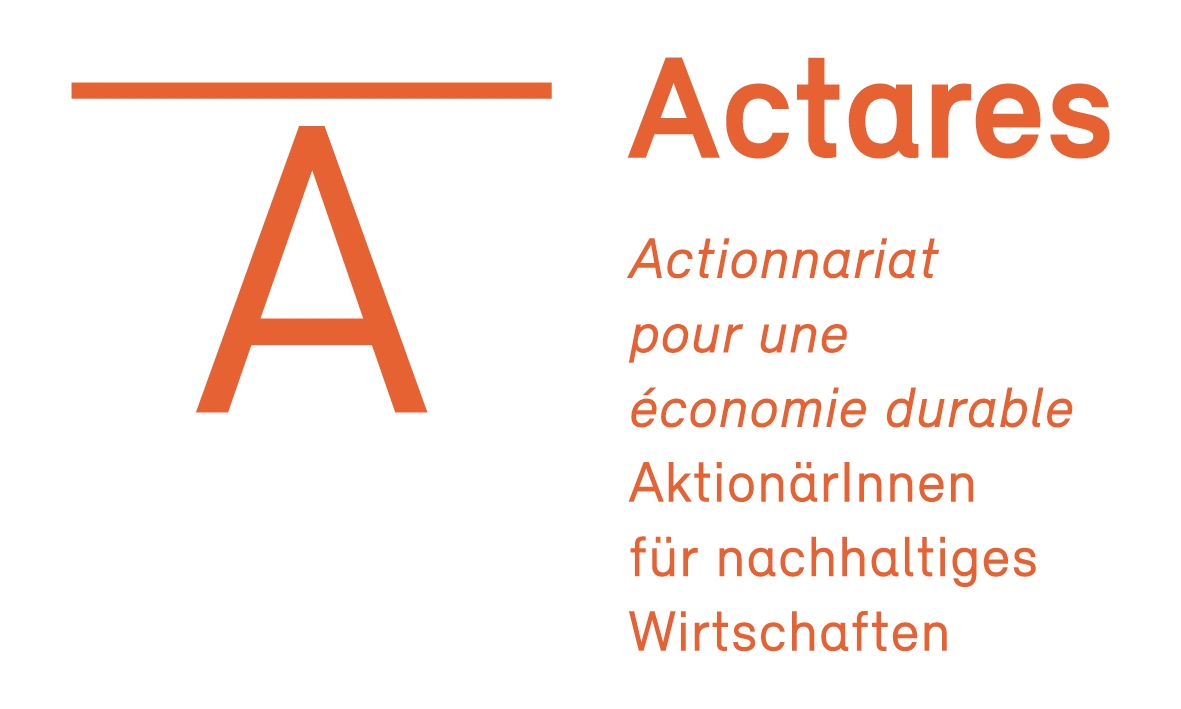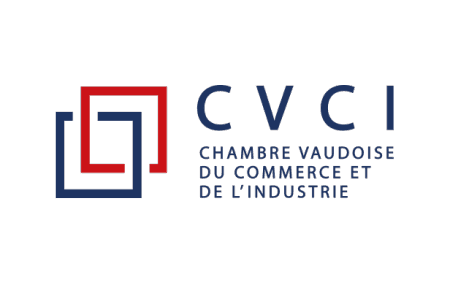“In Colombia …”; “In Lebanon …”; “In Rwanda …”; “In Bahrein …”; “In the US …”; “In Tunisia …”. During an hour and a half, SeedStars Ambassadors from all around the world gathered around SeedStars World’s managing director, Marcello Schermer, and USAID Global Development Lab’s portfolio manager, Grace Kim, to share their insights on the relationship between the public sector and the entrepreneurs. Through their different experiences, they tried to provide tangible improvements to this relationship taking into account the main challenges and opportunities of emerging markets.
The panel identified 5 big challenges in emerging markets:
· Access: when dealing with the public sector, entrepreneurs and accelerators do not always know who to talk to. Are they addressing the right person in the right department? Is the person they are talking to influent enough to drive change and help them?
· Bureaucracy: in many emerging countries, the will to support entrepreneurship is not always accompanied by the right actions that can be taken by the government. For example, there are too many forms to fill, payment issues when dealing with foreign entities or simply expensive costs linked to start-up creation.
· Long-term engagement: some governments launch actions and provide funds to promote entrepreneurship but their engagement is very short; nothing is done aside from these big limited campaigns. Hence, the ecosystem cannot count on a continuous support but on the other hand, it does not know how to set up a sustainable funding system.
· Speed: as is often the case, the public sector does not change fast enough. This can create a gap disadvantaging the ever-evolving ecosystem. Moreover, most governments still see technology as a threat, widening the aforementioned gap.
· Corruption: even though this problem can be linked to the problem of access, the real impact it has is on funding. Some governments force investors to go through proxies who then remit some of the money to the public sector.
However challenging these problems seem, there are many opportunities to seize in emerging markets. Some that the panel has mentioned are:
· Efficient resource allocation: there are many resources in emerging markets, but they are often misused. Helping the government reallocate funds and infrastructure properly would benefit them, the ecosystem and the people (who would gain from seeing innovative start-ups improve their lives).
· Accessibility of people: this opportunity follows the example set by the Rwandese government. Offering more transparency through private ran Twitter accounts but also through government emails shows accountability. It also helps accessing the right people and overcoming issues like corruption.
· Non-traditional support: governments have a lot more to offer than simply cash and infrastructure. They have gained knowledge in many fields and can help start-ups setting up big marketing campaigns for example, allowing them to scale. This intangible support can also offer opportunities to the start-ups like a key to the private sector.
· Educating the players: the ecosystem can help governments setting up a sustainable engagement with start-ups instead of simply injecting a lot of money in reaction to the booming trend of entrepreneurship. Sharing this same vision also allows aligning the interests.
· Leveraging Foreign Direct Investments (FDIs): offering a legal support for FDIs can be very helpful to start-ups, mostly by facilitating customs clearance. This would allow start-ups to transit more goods and accommodate a larger customer base.
· Youth in leadership positions: as older leaders tend to be more conservative (both in their ideas and in their vision of technology), having a younger leadership would be a drive for change and for more comprehensive e-government systems. This would help both the ecosystem and the people by facilitating their interactions with the public sector, thus reducing the barriers of entry into the space.
After assessing the landscape of public sector in emerging markets, the panel was able to come up with 5 solutions to sell entrepreneurship to the public sector:
· Proactive policy design: nobody knows the field as good the people who work in it. Keeping this in mind, the ecosystem needs to help the government by contributing to their initiatives or drafting policies themselves. The government can then easily change them and build on them.
· Meaningful events: involving the public sector can be done through lobbying groups. By setting up ground-table discussions with semi-political entities, the ecosystem can educate the players (as seen before) and help them gain a deeper understanding of entrepreneurship.
· Best practices: writing an “Innovative Support Bible” would help governments knowing what to offer besides cash, allowing start-ups to benefit from the non-traditional support the public sector can offer.
· Information centralization: by setting up a platform centralizing the information about existing programs and projects, we would facilitate the communication between the different players. This would help matching up the available money with the great ideas.
· Government bodies: although not fully part of the government, empowering the different government bodies can help it delegate many actions. This would facilitate bureaucracy for entrepreneurs, helping them gain a lot of time and energy.
We can see that, even though governments leading emerging markets are supporting entrepreneurship and pushing for a sense of initiative, there are still challenges to overcome for the ecosystem and the public sector to get aligned. However, there are many opportunities to seize in order to solve these problems and the only way is to do it is to “point the finger where you want them to point the finger”. So it is time for entrepreneurs, and all the players surrounding them, to take their future in charge and do what they have been waiting for to happen.
Last modified: 31 août 2020



















